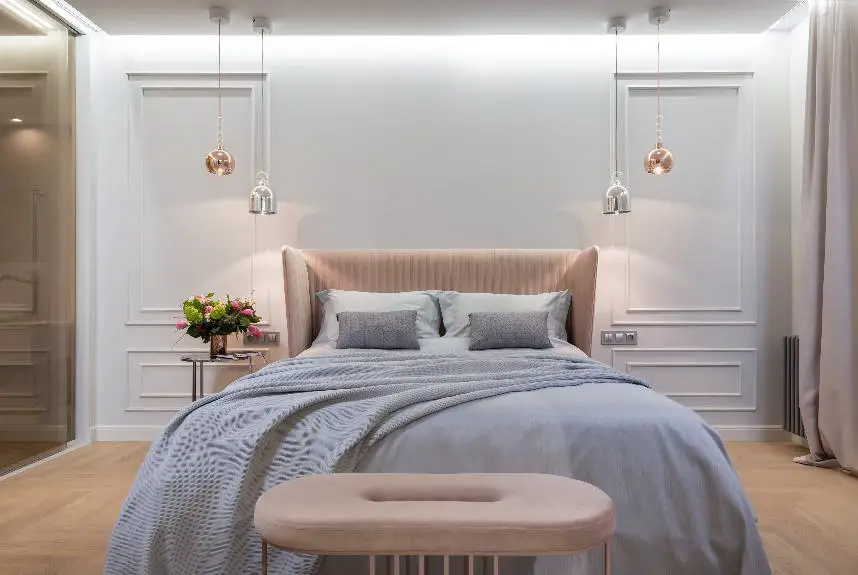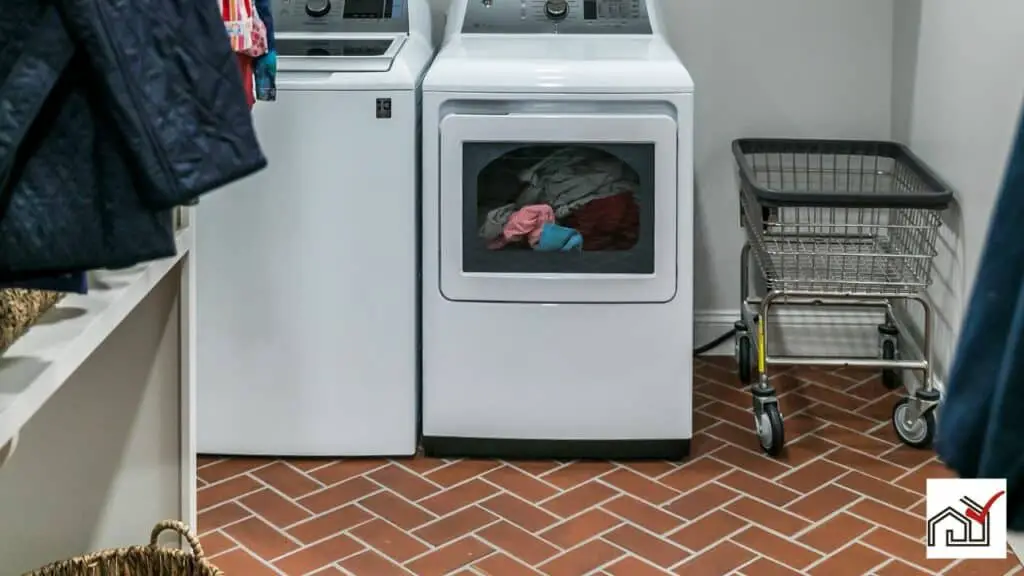Bedroom doors can have locks to increase privacy and security, especially in shared living spaces or high-crime areas. However, locks can also hinder emergency access and may be dangerous for children.
The choice to install locks should consider both the security benefits and the safety risks. Understanding door lock mechanisms, legal issues, and the occupants' needs is important in making this decision.
Privacy Versus Security
Homeowners deciding to add locks to bedroom doors need to weigh privacy needs against security risks. Bedroom door locks are key for privacy. Yet, a lock needing a key can make emergency access difficult.
Privacy locks can be opened from outside with a tool, balancing privacy with emergency access. These are common in homes for bedrooms and bathrooms.
Keyed locks on bedroom doors increase privacy and security but can hinder escape during emergencies like fires, especially if the key is misplaced. It's often advised not to lock bedroom doors while sleeping to allow quick help in emergencies.
Child Safety Concerns
Child safety is a top priority when considering locks on bedroom doors. For young children, especially those under 11, bedroom locks can be dangerous. They may prevent quick escape or rescue in emergencies like fires. It's generally recommended not to install locks on young children's bedroom doors.
Locks that don't require keys, such as privacy locks, are sometimes considered as they can be opened from outside. However, even these locks need careful consideration. A door handle without a lock usually provides enough privacy for young children while ensuring safety.
Keyed locks are riskier in children's bedrooms. They can be accidentally locked, trapping a child inside. In emergencies, finding the key can cause dangerous delays. Safety experts agree that keyed locks should not be used on a child's door.
As children mature, parents might think about using door locks. The child's ability to follow safety procedures and responsibly use a lock should guide this decision. Locks should only be installed if the child understands how to use them safely, including unlocking the door in an emergency.
Roommate Dynamics
In shared living spaces, the relationship between roommates is crucial in deciding whether to have locks on bedroom doors. Privacy needs vary, and some roommates may want the option to secure their rooms. A lock can represent a respected boundary, contributing to a private space within the shared home.
Roommates should discuss their privacy needs and views on bedroom locks openly. Some may see locks as essential for security and privacy, while others might interpret them as a lack of trust. Agreeing on locks requires a collective decision that acknowledges everyone's concerns.
The ability to lock a bedroom door provides flexibility and security. In some cases, such as when only roommates are at home, locks might seem unnecessary. However, during events or when guests stay, the option to lock can be important.
Safety in emergencies is also a key consideration. Roommates should agree on a method to access locked bedrooms in case of emergency, ensuring that locks do not hinder assistance or evacuation.
Types of Door Locks
Various door locks cater to different needs for privacy and security in shared living spaces. Keypad locks, available in mechanical or battery-operated models, provide keyless entry and the option to change access codes, offering flexibility and control over room access without the need for physical keys.
Knob locks are simple to install and blend with interior designs, offering a basic level of security that prevents entry without a key or by force.
Padlocks serve as a temporary, installation-free option to lock a bedroom, suitable for renters or those who prefer not to alter the door.
Smart locks advance bedroom security with features like remote access, allowing users to manage privacy settings from afar.
Chained locks add extra security while still allowing the door to open slightly for communication or checking outside, balancing accessibility with a secure environment.
Each lock type, whether keyed or keyless, contributes to the overall security and privacy of a bedroom in a shared residence.
Emergency Access Issues
Having clear access to all rooms is essential for emergency preparedness. Bedroom door locks should allow for privacy while ensuring that they can be opened quickly from the outside in emergencies like fires or medical crises.
Bedroom privacy locks are designed for easy external opening, typically with a small tool or release button, allowing for emergency access while maintaining privacy. Keyed locks, although more secure, can delay emergency response if the key is lost or not readily available.
Experts recommend against locking bedroom doors at night to avoid delaying urgent help. For those seeking security without a lock, door stoppers or wedges are effective. They prevent unwanted entry but can be removed quickly from outside, preserving emergency access.
When choosing bedroom door locks, prioritize emergency access alongside privacy needs.
Legal Considerations
Legal considerations are important when installing locks on bedroom doors. Homeowners must comply with laws and building codes, which may limit the type of locks allowed. For example, some locks may be prohibited if they prevent easy emergency access, like double-cylinder locks requiring a key on both sides.
Tenants must often get landlord approval before adding locks to bedroom doors to avoid violating lease terms. Unauthorized lock installations can lead to eviction.
For those concerned about safety, it's advisable to seek legal and compliant ways to secure their space, such as temporary locking devices. Consulting a legal expert or housing authority is recommended to ensure any security enhancements are lawful.
Alternative Security Measures
Homeowners and tenants considering bedroom security have alternatives to traditional door locks. Baby-proof and deadbolt locks help secure cabinets and drawers from accidents. Door wedges or stoppers can prevent a bedroom door from opening without permanent changes to the door. In emergencies, placing heavy furniture against the door can also provide temporary security.
Chained locks allow doors to open slightly for communication while still offering security. Communication within the household is essential for addressing privacy and security concerns. Additionally, installing a security system or camera can deter intruders and record evidence of any breaches.
These options offer ways to secure bedrooms without installing standard locks, allowing residents to balance accessibility with privacy.





